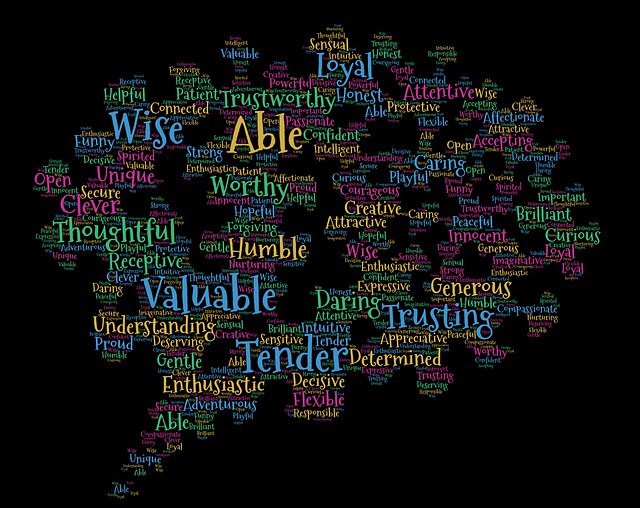Managing remotely brings many challenges and these are compounded in the current uncertain times associated with the relentless march of the Coronavirus. Managers like their staff can be ill-prepared for the sudden change in their work location and circumstances. Managers who are used to seeing their staff daily and being able to observe what they are working on, lose that “line of sight” and can become anxious about their perceived loss of control. Workers themselves can experience a sense of social isolation and can lack access to timely information and adequate technology. These difficulties can be aggravated by distractions, particularly where there are young children at home and other children who need to maintain a school study program while being unable to attend school. Managing remotely demands increased flexibility and adaptability on the part of managers, the willingness to “cut their staff some slack” and the emotional agility to manage themselves in times of crisis.
While the challenges of remote management are personally demanding for managers, particularly in times of uncertainty, there are also opportunities inherent in the remote circumstances. These include the opportunity to develop stronger relationships with individual staff, to build effective teamwork and to promote creativity and capacity development.
The challenges of managing remotely
Staff working from home and/or in remote locations can lose their sense of belonging very quickly and become withdrawn and disengaged. Managers on our Confident People Management (CPM) Program report that some of the other challenges that arise are:
- Things can get out of hand quickly
- Staff can become demotivated because they often do not know “what is going on” (compounded by the absence of the informal, “drink fountain” conversations that often entail sharing, “Did you know that…?”)
- Misunderstandings and conflict can arise because of the lack of information and/or communication
- Staff can feel a lack of support because the normal supports (presence of mentors, technical experts and resources) are not readily accessible
- The working space and/or technology of staff working from home may not be ideal
- The potential for negative cohesion and “groupthink” to arise in the absence of the physical presence of the manager
- Staff can experience feeling isolated and this sense of disconnection from others can compound, or be the catalyst for, mental health issues such as loneliness and depression
- Managing poor performance can be more difficult because of the loss of “line of sight”, the lack of face-to-face interaction and the extra demands of communicating and problem solving on a more regular or routinised basis.
People ideally suited to working remotely are those who are self-reliant, strong communicators, self-directed, resilient, trustworthy and outcomes/results focused. Unfortunately, in these times of enforced working from home arrangements, managers do not get the opportunity to decide who is personally suited to working from home and whose work is adaptable to a working from home environment. This situation of lack of control over a critical aspect of decision making can be particularly challenging for a manager and also make performance management even more difficult because some people will not be suited to these quickly implemented, new working arrangements. The current need for social isolation and social distancing for both managers and staff can place an added burden on the manager and can make it difficult for them to maintain a positive mindset when faced with the added challenges of complexity, uncertainty and anxiety (their own and that of their staff).
The opportunities of managing remotely
Managers on our current CPM Program report that the remote management situation has surprisingly improved their communication with individual staff when they use video as apart of remote communications technology (such as Zoom© or Microsoft Teams©). Both managers and staff are finding it easier to share openly and with some degree of vulnerability in this new context. They put these relationship improvements down to the lack of workplace distractions, the absence of an open office environment where privacy is sacrificed in the misguided pursuit of efficiency and a mutual sense of vulnerability (occasioned by the Coronavirus).
With the right strategies for managing remotely, managers can create opportunities for staff to develop new skills, build resilience, improve teamwork and collaboration and gain more enjoyment and motivation in their work. As the oft-quoted English-language proverb goes, Necessity is the mother of invention – the need to do something imperative about something that is significant to working effectively, generates creativity and innovation. Both managers and staff are forced to find new ways of working and communicating to maintain their own sense of agency and to achieve the desired team outcomes.
Reflection
There is a tendency to see only the challenges inherent in remote management because of our natural negative bias when we feel threatened or forced to go outside our comfort zone. However, there are very real opportunities involved in managing remotely, not the least of these being the catalyst to involve managers in accelerated self-development. As managers grow in mindfulness through meditation, mindfulness practices and reflection they can build their personal resilience, enhance their capacity to make “adaptive change” in their behaviour and more readily access their creativity and innovation. With every challenge there is an opportunity for personal growth if the manager has worked at creating fertile ground, through mindfulness, for their own flourishing.
________________________________________
Image by Anrita1705 from Pixabay
By Ron Passfield – Copyright (Creative Commons license, Attribution–Non Commercial–No Derivatives)
Disclosure: If you purchase a product through this site, I may earn a commission which will help to pay for the site, the associated Meetup group and the resources to support the blog.

